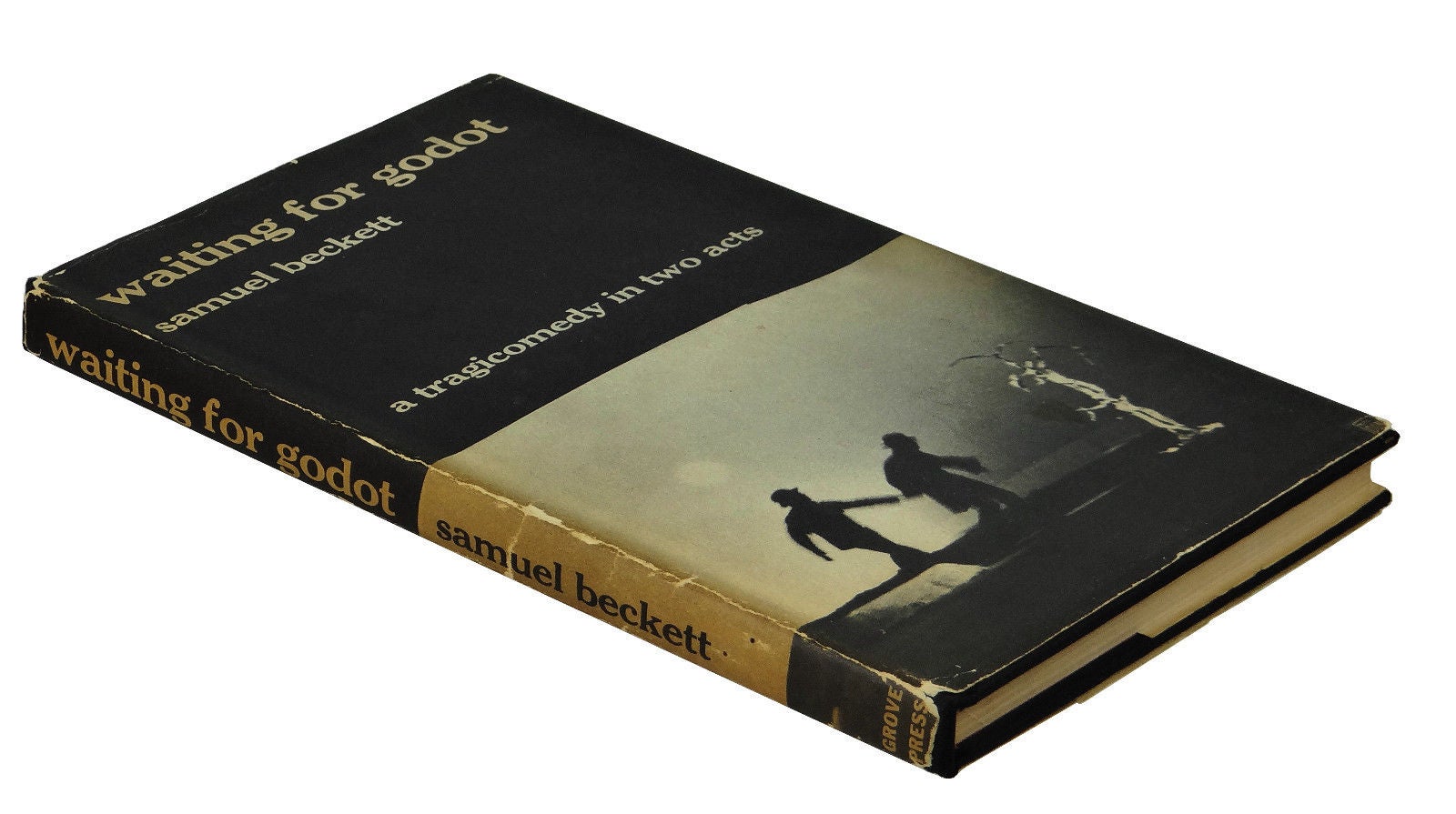

Almost immediately, the two most influential London critics, Kenneth Tynan (the Observer) and Harold Hobson (the Sunday Times) hailed it as a masterpiece. The text of the play, now in Beckett’s translation, crossed the Channel and landed on the desk of young director Peter Hall who, admitting that he hadn’t “the foggiest idea” what it meant, produced it at the Arts Theatre, London in August 1955. James Knowlson’s and Deidre Bair’s biographies ( Damned to Fame (1996) and Samuel Beckett: A Biography (1978) confirm that, actually, the play, which was produced on a shoestring with a scratch cast, did quite well, with some favourable reviews. The common view that it flopped is disputed by the record. He wrote En Attendant Godot in French and it received its premiere in Paris at the Théâtre de Babylone on 5 January 1953. Returning to Paris after the liberation in 1944, he published a brilliant trilogy ( Molloy, Malone Dies, The Unnamable) and established a modest reputation as a writer’s writer, an avant gardist with a quirky wit. Beckett fled south and lived for part of the war as a near vagrant and possible resistance fighter, in and around Roussillon. Then the war came, and the Nazi panzers rolled into Paris. It opened with a brilliantly alienated first line – “The sun shone, having no alternative, on the nothing new” – puzzled a lot of reviewers, was praised by Dylan Thomas and sold very badly.
#GODOT BOOK CODE#
His first novel, Murphy, rejected many times, was finally published in 1938, coincidentally the same year as Scoop (Evelyn Waugh) and The Code of the Woosters (PG Wodehouse). Born in Dublin on Good Friday, 1906, Beckett had moved to Paris as a young man to sit at the feet of James Joyce, whose secretary and amanuensis he briefly became.īetween the wars, Beckett developed his genius as a writer in the shadow of modernism and, closer to home, Ulysses and Finnegans Wake. Beckett had never written a staged play before. The author of En Attendant Godot was certainly a member of the European avant garde, but an unlikely theatrical innovator. The circumstances of Waiting for Godot are bleak, but the experience for the audience can be of optimism, often hilarity Thus, from the moment Vladimir and Estragon step on to an empty stage furnished with nothing more than a bare tree and utter the famous opening line: “Nothing to be done”, the audience is pitched into a world in which the idea of boredom becomes a prolonged metaphor about the nature of existence, a strangely entertaining and finally moving “tragicomedy” (the author’s description) sustained by two tramps in vaudeville costume and the ever-absent “Mr Godot.” Perhaps by the time this list is complete we’ll have a better idea about its constituent elements.)


Nonfiction is a library convention its definition is nebulous. That, of course, is where the trouble starts. (I will return to the contentious question of what exactly the non-genre of nonfiction really is.
#GODOT BOOK SERIES#
Arguably, the great plays and poetry identified by this series transcend their genres to contribute tangibly to our sense of “who we are”, the guiding principle of this list. Together with some essential volumes of poetry (see Nos 4, 11 and 17), this extraordinary drama would not only exert a profound influence on the postwar imagination, it would provide a metaphor for existence. Waiting for Godot was not just a two-act play in which, as one wit put it, “nothing happens, twice”, it was a theatrical revolution, the beginning of the theatre of the absurd.


 0 kommentar(er)
0 kommentar(er)
